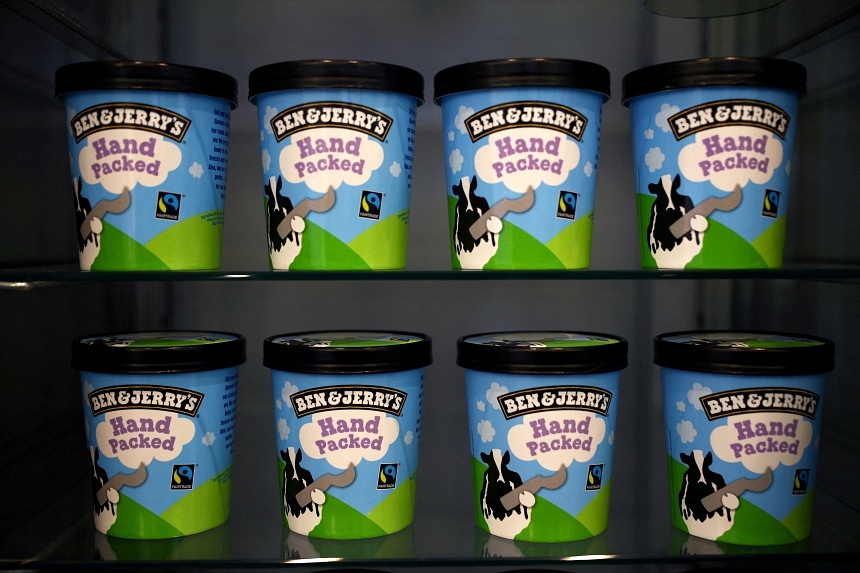
Beth Kowitt Ben & Jerry’s independent board sued Unilever last week, alleging that the parent company broke an agreement by by seeking to muzzle its Gaza stance. When Unilever agreed to buy Ben & Jerry’s in 2000, the consumer giant was looking to acquire not just the small Vermont company’s ice-cream operation but also its quirky, do-gooder ethos, which Unilever hoped to inject into its larger corporate culture. For two decades, it was a happy union.
Ben & Jerry’s grew into a €1 billion (S$1.42 billion) brand and got to preserve its social mission and independence, while Unilever capitalised on its position as the poster child for the corporate doing-well-by-doing-good movement. Already a subscriber? Log in Get exclusive reports and insights with more than 500 subscriber-only articles every month $9.
90 $9.90/month No contract ST app access on 1 mobile device Subscribe now All subscriber-only content on ST app and straitstimes.com Easy access any time via ST app on 1 mobile device E-paper with 2-week archive so you won't miss out on content that matters to you Join ST's Telegram channel and get the latest breaking news delivered to you.
Read 3 articles and stand to win rewards Spin the wheel now.














